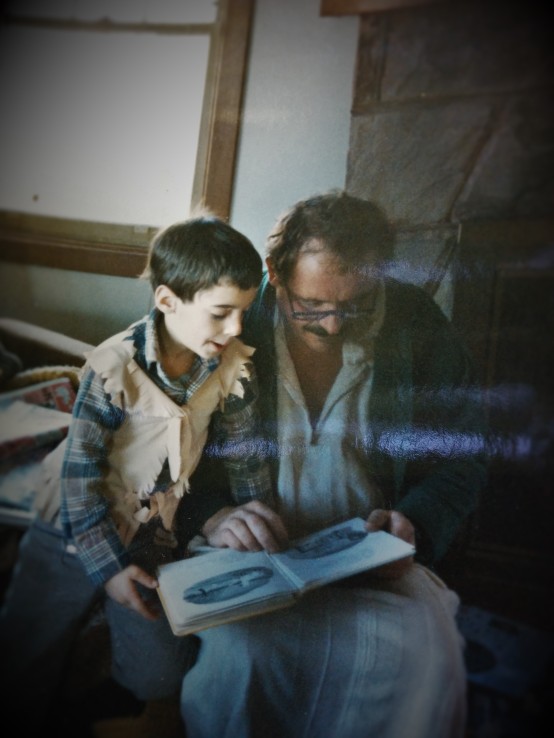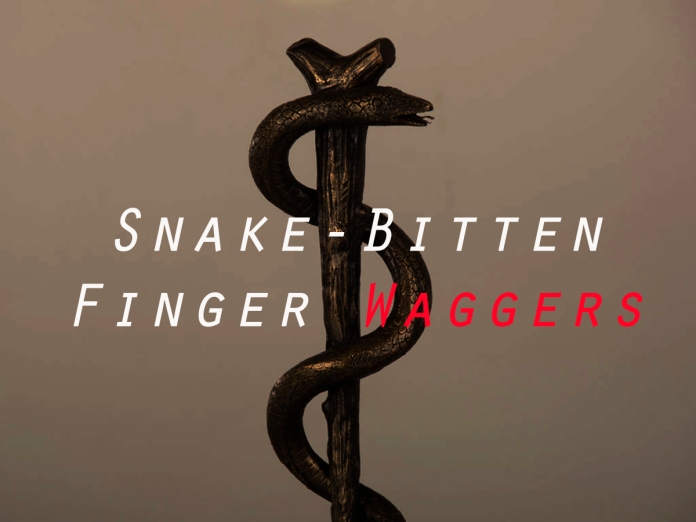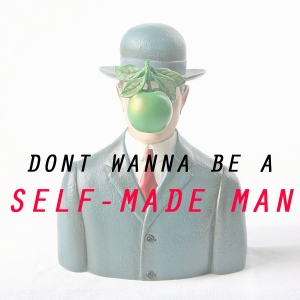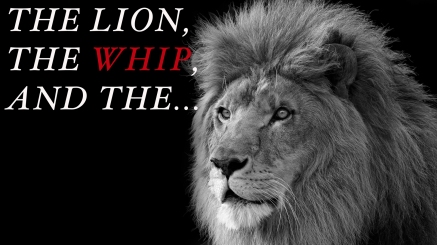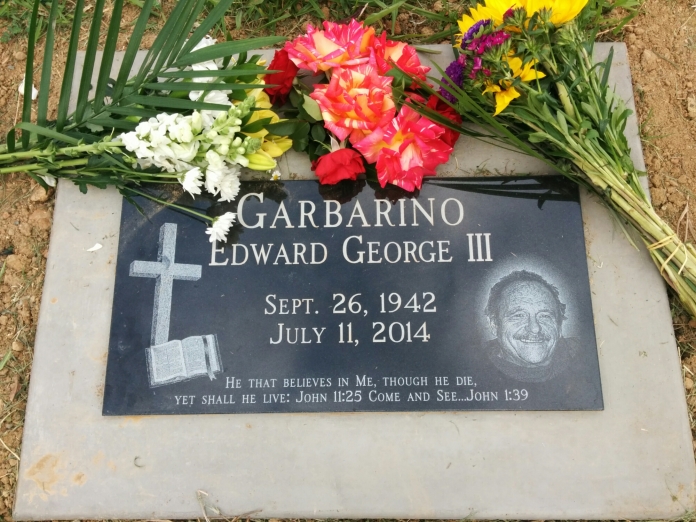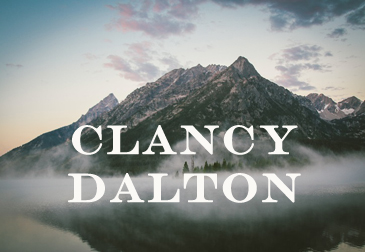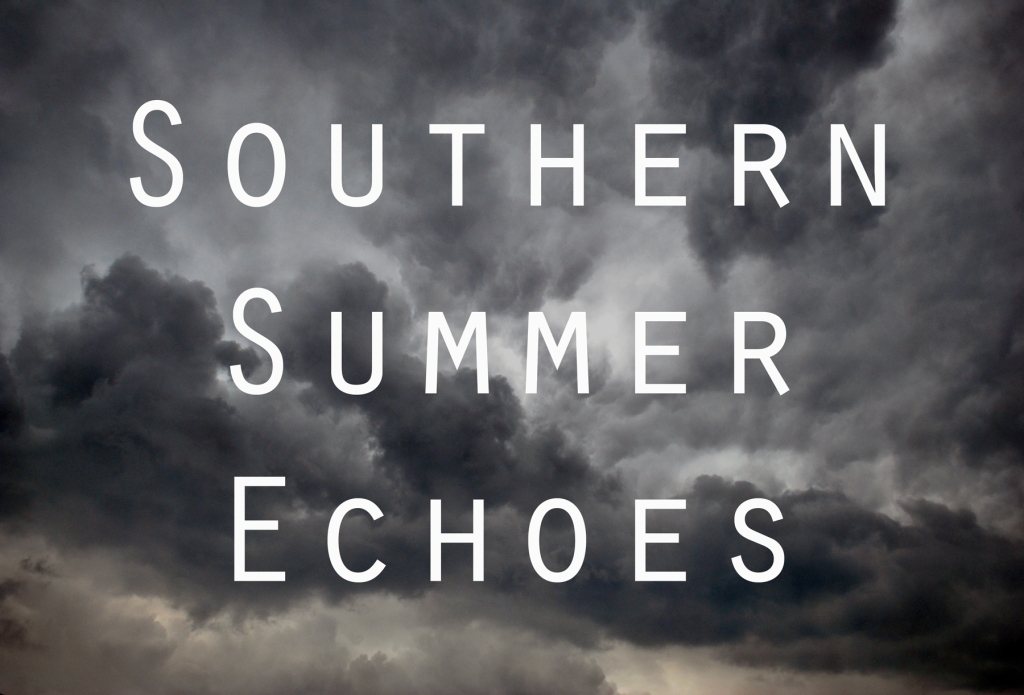On the first Father’s Day after his death, I thought it might be good to reblog this with a couple little updates. I miss him very much.
My dad passed away July 11, 2014. After someone dies, we have a tendency to remember an idealized version them. You see it all the time with celebrities or politicians or saints. I can’t do that with my Dad and he wouldn’t want me to. He made a lot of mistakes in his amazing, imperfect life. But, he had a huge impact on our lives and the lives of the people, often on the edges, who he sought out to love. It is important to remember what he taught me and our family about life by his words, example, successes, failures and faith. Here’s a few of them:
My dad taught me that no matter how hard you try, Birkenstocks and white socks do not go with any outfit.
My dad taught me that there’s no such thing as background music. Any music worth listening to must be played loud.
My dad taught me not to be afraid of people, places, music or food that are outside my experience.
My dad taught me that sweat pants and tie dye never go out of style…for some.
My dad taught me that the in crowd isn’t really in.
My dad taught me to stand up for myself when I need to.
My dad taught me that life is more than money.
My dad taught me that it is all right for a man to feel for people, for art, for beauty.
My dad taught me that it’s OK to question authority, unless it was him.
My dad taught me that pain is part of life, and trying to bury it doesn’t work.
My dad taught me that addiction is a demon but that it can be conquered.
My dad taught me that saying, “I would never do that,” is a dangerous thing to say.
My dad taught me not to judge others.
My dad taught me how to forgive.
My Dad taught me to give my faults to Jesus.
My dad taught me that life is people, and to love them in all their wonderful messiness.
My dad taught me that generosity and hospitality are love in action.
My Dad taught me that God is good, we are not, but we are loved.
My Dad taught me that Jesus demonstrates God’s love in his life death and resurrection.
My dad taught me that no one is past redemption and that “nothing can separate us from the Love of God in Christ Jesus.”
Most importantly, or at least second-most importantly, my dad taught me to never, ever overcook the pasta.
